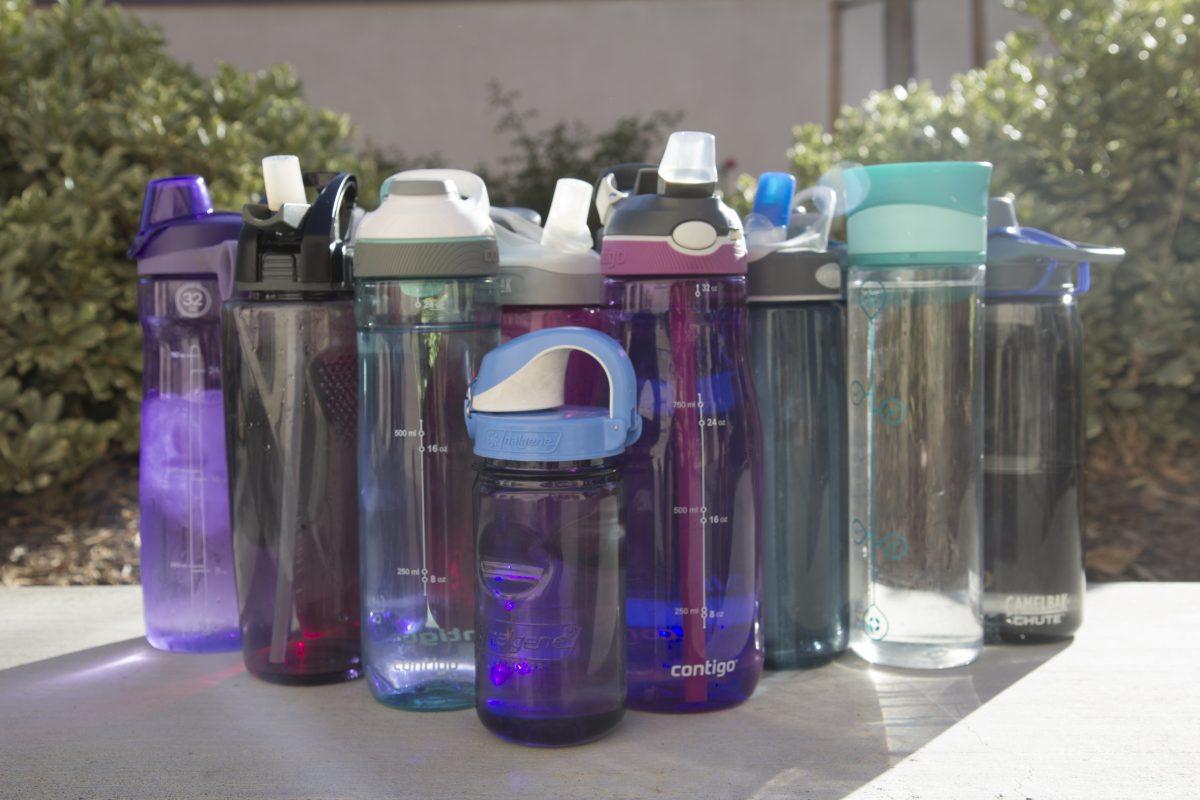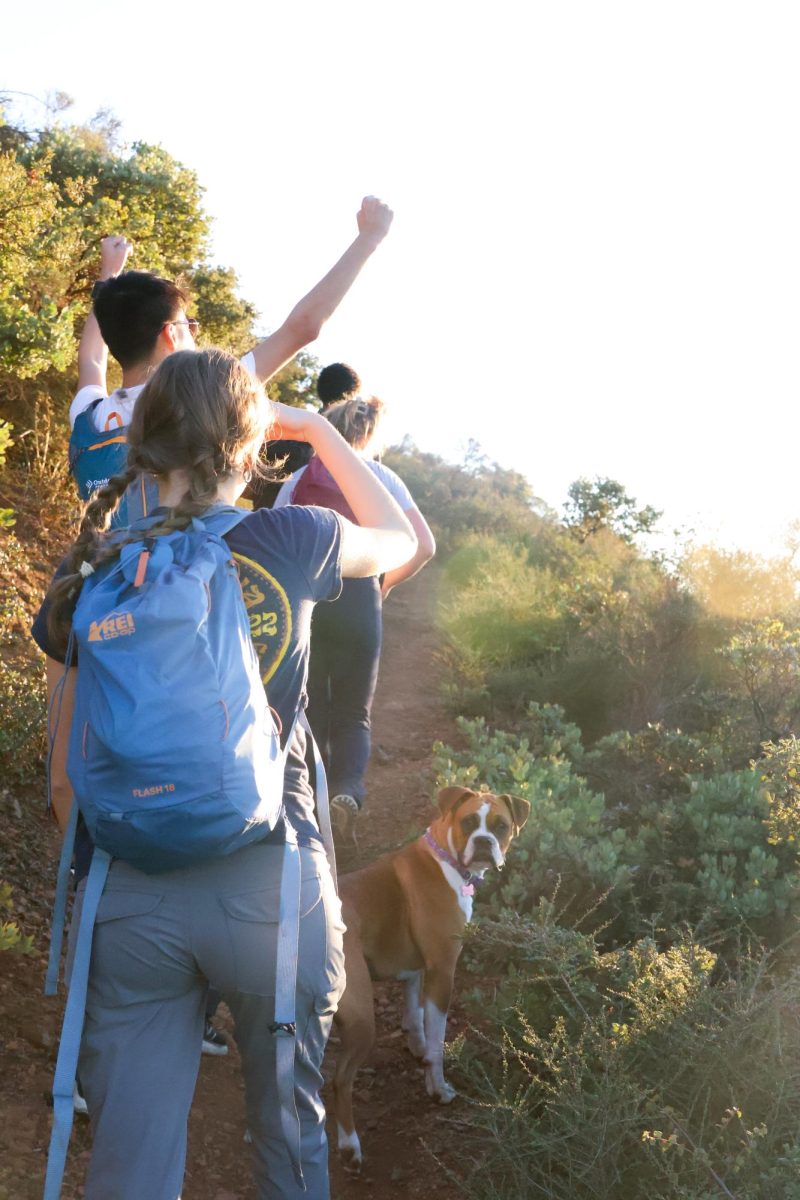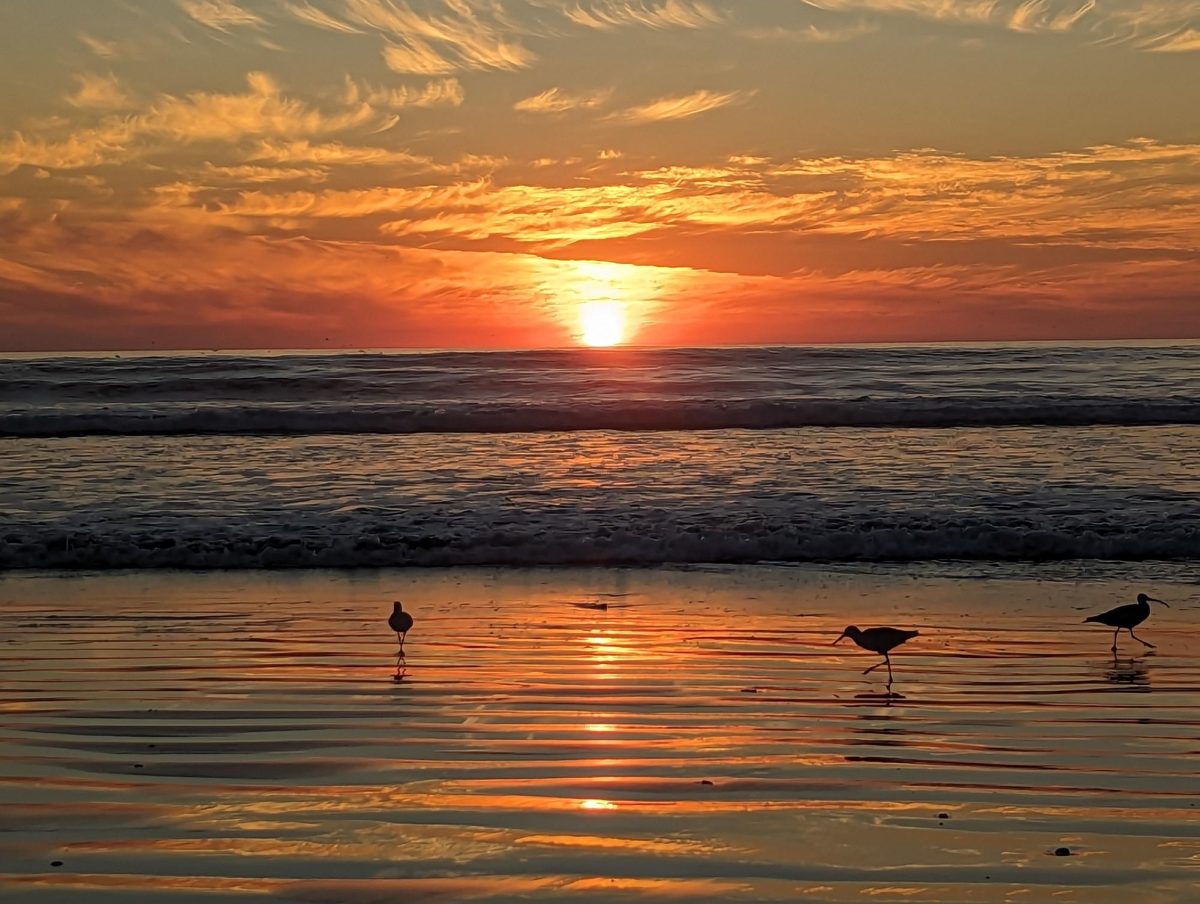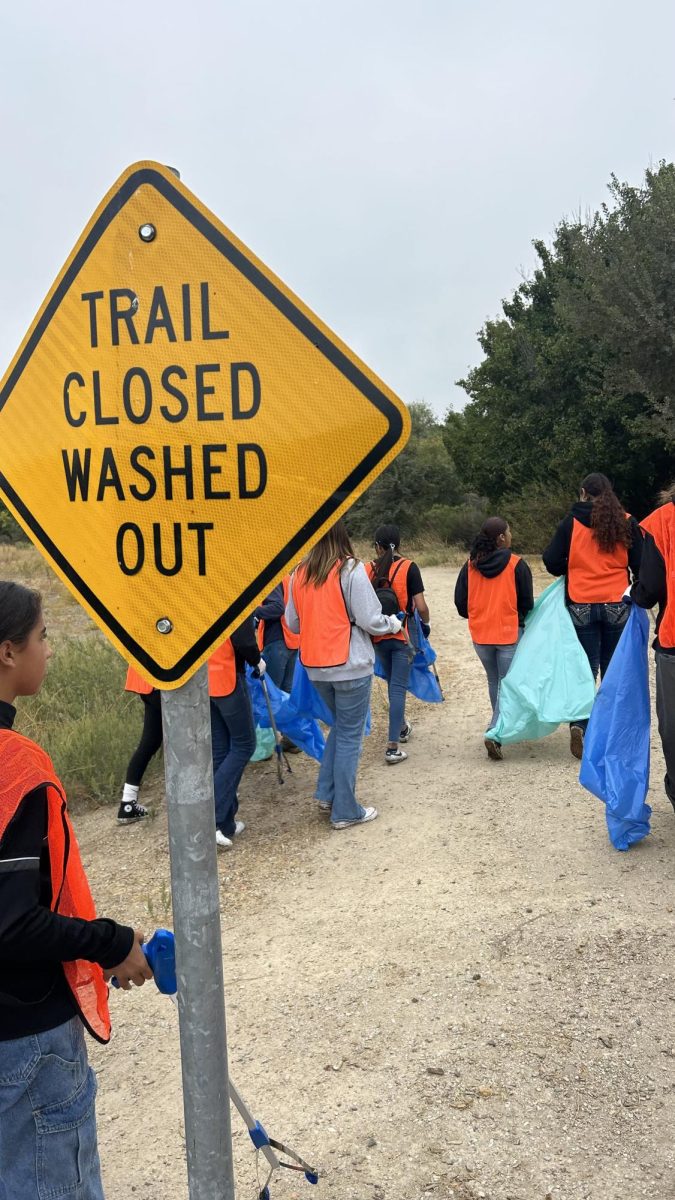Bearcats look forward to four water refill stations
It all started with a class project: come up with an honorable cause— a proposition that would help others and the community— a regular assignment in Geoffrey Land’s class. Senior Pearl Herrera sat in her ink-marked desk and recalled how she had bought “a water bottle almost every single day” her freshman year, but then soon realized that she was destroying the environment and destroying her piggy bank in the process. To solve that problem, she switched to a reusable water bottle, but she would run out of water by lunch and the water from the fountains was “hardly drinkable.” Bouncing back to the present, she was struck by a brilliant idea: Filtered water stations.

Herrera “didn’t think anyone would care” about her idea; she almost didn’t propose it, yet in the end she was “so glad” she did. Once the groups of four people pitched their ideas to the class, the students voted for the most valiant cause. After pitching her idea for water refill stations, Herrera still didn’t think she had a good chance of winning. She went up against ideas such as letters to soldiers, positive posters around school, and sending gifts to children in Nicaragua. The class must have been feeling philanthropic that day because, by a majority of the class, the water station idea beat out its opponents. Elated and “surprised”, Herrera quickly set off on her journey to make her water refill station idea a reality.
“[Her government class] drafted the petition in class,” said Herrera, “people worked surprisingly hard to get [the petitions] in; I didn’t think that anyone would really do it.”
Students and staff alike willingly and knowingly signed the formal petition. Over the next two weeks, all the petitions started “flooding” back in. After arduous summation, they had gotten over a whopping 1,000 signatures. But that wasn’t the end of it.
“Land made it known that we couldn’t lose momentum; we had to keep going,” said Herrera.
So, to progress even further, Herrera went into Land’s class during tutorial and drafted a formal letter with Land addressing why Paso Robles High School needed water stations. Giving multiple examples stating that bottled water is wasteful, they requested the installation of two water refill stations.

“Bottles used to package water take over 1,000 years to bio-degrade and if incinerated, they produce toxic fumes,” they wrote.
Using 11 other sources, Land and Herrera thoroughly backed up her proposition. She brought up key elements as to why PRHS needs water refill stations; referring to that fact that for every 33 oz of Fiji water produced, 7.1 gallons are consumed. Or that one liter of fossil fuel and 1.2 pounds of Greenhouse Gases [the gases causing Global Warming] is emitted into the biosphere, all according to treehugger.com. The most hard hitting evidence she provided was that schools are required to provide safe, drinkable water to their students (California Edu. Code, SB 1413, 2011). After the final draft had been once again reviewed, Herra hand-delivered the printed-out copies of the petitions and the formal letter to Principal Randy Nelson. But Herrera didn’t do everything; on Oct. 8 Land emailed the letter to Superintendent Chris Williams and Board of Trustees President Field Gibson. As luck would have it, a board meeting was scheduled for Oct. 13. The board reviewed the petitions and the letter and decided that they would grant Paso Robles High School four water refill stations instead of the requested two.
Most water stations cost between $500 to over $1,000. The stations are going to be “a little bit above $1,000 per machine [installation included],” Herrera said. They are expected to arrive sometime within the 2015-1016 school year. This one example of an individual making a change in our community shows the brilliance and importance of one, simple idea. Remember that the road less traveled is always more fun. Stay hydrated and keep the environment clean, Bearcats!






